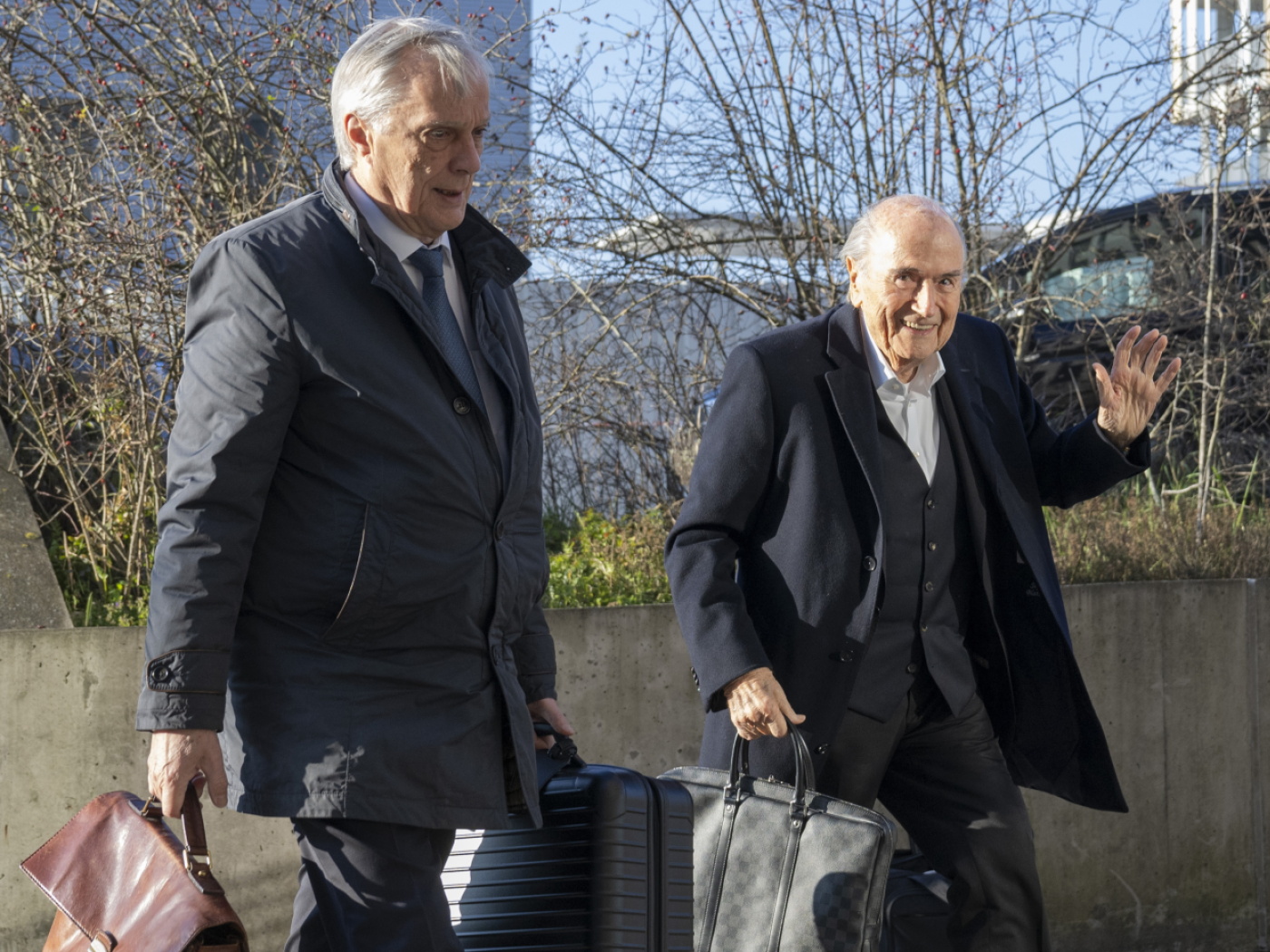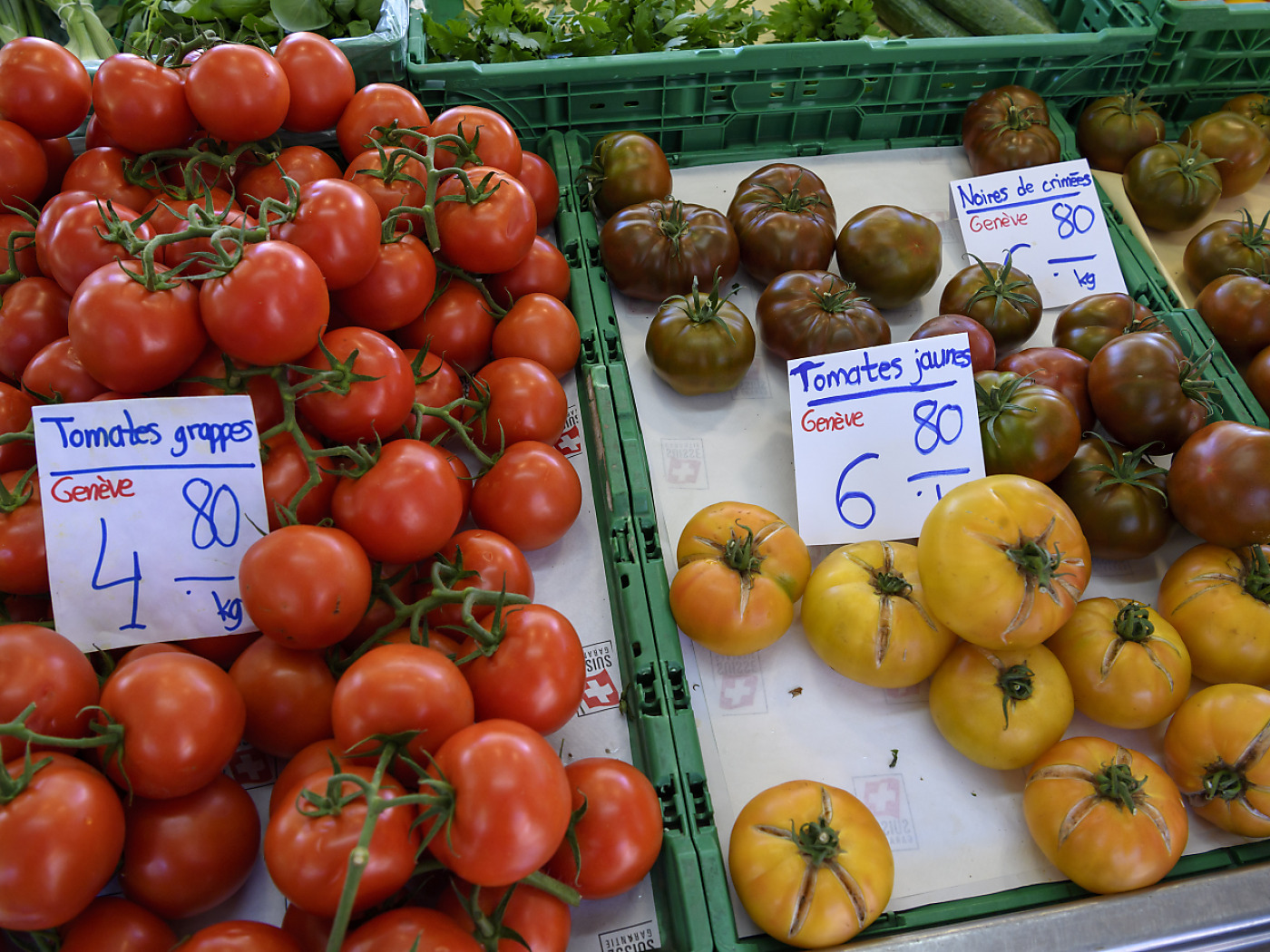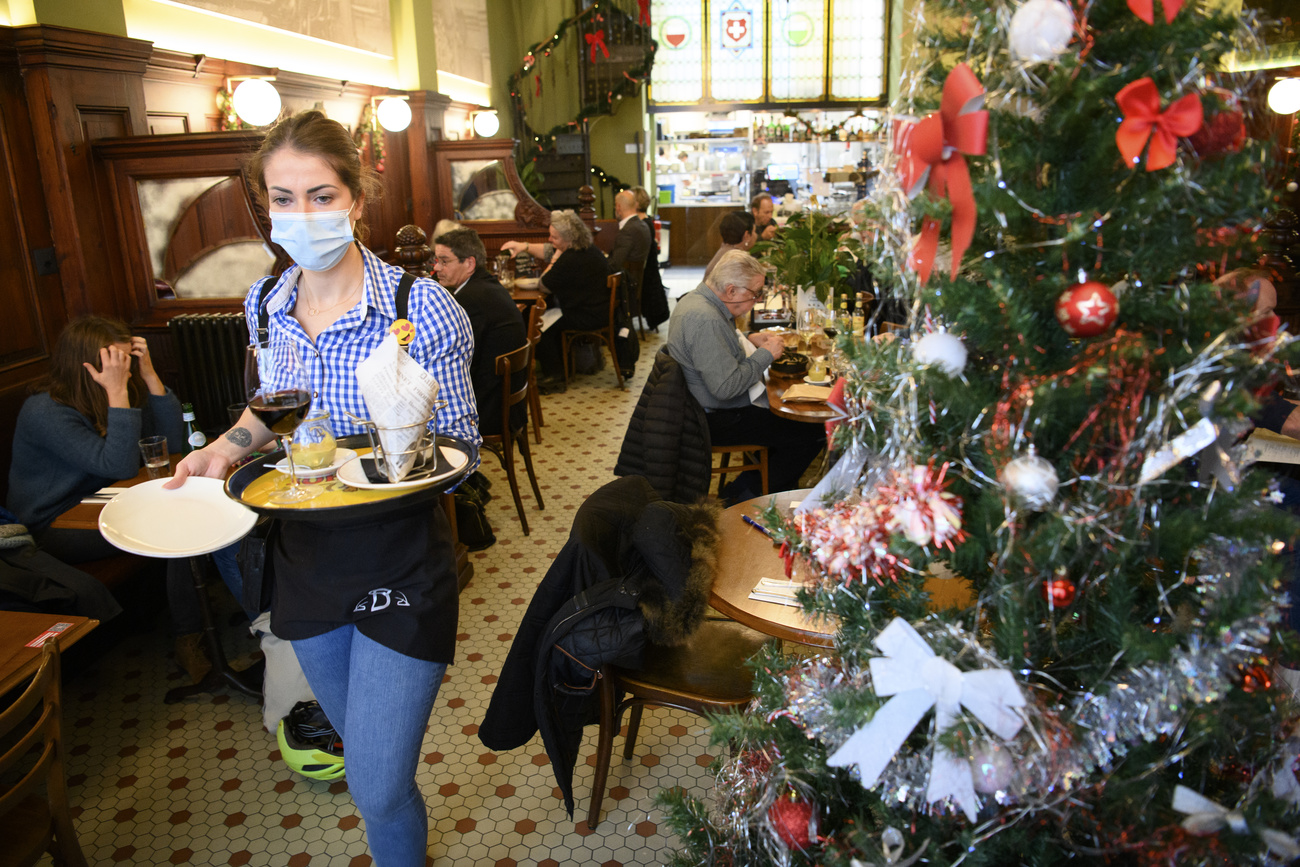Swiss cantons want quicker phase-out of Covid curbs

The majority of Switzerland’s 26 cantons want existing restrictions to be eased by the end of February instead of a month later as proposed by the government.
The cantons were generally in agreement with the measures to combat the coronavirus that the government put out for consultation until Monday. However, most want the measures to be extended only until the end of February, not the end of March as originally proposed.
Since December 20, only people who have been vaccinated or recovered from Covid-19 can enter restaurants, cultural, sporting and leisure venues and attend indoor events (the so-called 2G rule). A requirement to work from home has also been reintroduced. Private gatherings are limited to ten people if there is one person from age 16 present who is unvaccinated or has not recovered from Covid-19.
Certificates, testing and quarantines
The cantons also welcomed the government’s proposal to reduce the validity of the vaccination and recovery certificate from 12 to nine months from February 1. This should bring Switzerland into line with the European standard. However, the cantons wanted a grace period to allow people enough time to get a booster dose and for the healthcare system to deal with a significant increase in demand.
As far as testing is concerned, cantons wanted access to tests to be prioritised for healthcare workers and those with symptoms. Labs are currently overloaded with demand.
Some cantons were in favour of ending quarantine requirements for those who did not test positive for Covid-19. However, they were very much in favour of self-isolating rules for those who test positive.
Universities, workplace and tourism
It was not just cantons that shared their views during the consultation period. The tertiary education umbrella body Swissuniversities – along with the cantons – rejected the idea of distance learning for university students. A large proportion of students have been vaccinated and the protection plans put in place by the various universities have proved effective, according to the Swiss Students’ Union.
The business sector in general has been quite critical of the extension of government measures until March 31. The Association of Small and Medium-Sized Enterprises wrote in its consultation response that there was no evidence to justify the continuation of the existing measures. In particular, it wanted the home office obligation to be abolished immediately.
The cantons were also in favour of people who have been vaccinated or recovered to no longer have to present a negative test when entering Switzerland. The Swiss Tourism Federation believes that travel restrictions are no longer necessary since there is a higher incidence of the Omicron variant in Switzerland than in the tourists’ countries.

In compliance with the JTI standards
More: SWI swissinfo.ch certified by the Journalism Trust Initiative




















You can find an overview of ongoing debates with our journalists here . Please join us!
If you want to start a conversation about a topic raised in this article or want to report factual errors, email us at english@swissinfo.ch.